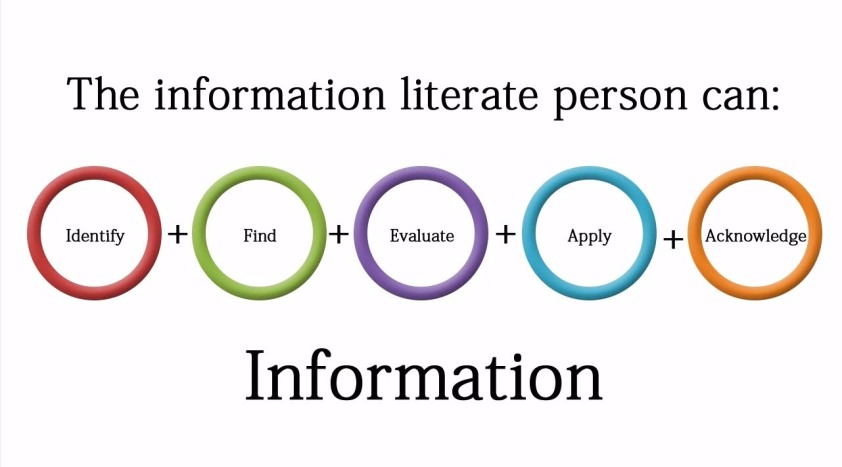Facebook and Twitter are everywhere – news barely exists if it hasn’t been tweeted. Everyone and everything has its own Facebook page and more and more sites are allowing you to post your purchase, bookmark, etc, etc, to Facebook.
The latest issue of Reference Services Review, Volume 40, Issue 2, has several interesting articles on Twitter and Facebook.
The potential is obvious for libraries, but students seem less keen to follow/like an academic library (surely, we’re cool by now?!). Students use these tools all the time and so are used to constant updated info in bite-sized chunks. I think, therefore, that they expect our info lit sessions to deliver info in a similar way. So is tweeting an info lit session the way to go?! So, maybe not the whole session, but what about hashtag-ing a course name/keyword on Twitter or looking at a, relevant to the course, Facebook page?
that we are competing for our patrons in a marketplace of time, energy, and attention, and that we will only win their time, energy, and attention if we’re tuned in to them and their needs, rather than focusing on whether or not we, the library, are on the cutting edge. Trust me: our patrons don’t much care whether we’re innovative. They care whether we make it easier for them to do their work.
Reference Services Review is available on Emerald through our Databases page.





 How would you rate the three spheres? Which one is most important – knowing how to find information or knowing what to do with that information when its found or being able to judge the information itself?
How would you rate the three spheres? Which one is most important – knowing how to find information or knowing what to do with that information when its found or being able to judge the information itself?